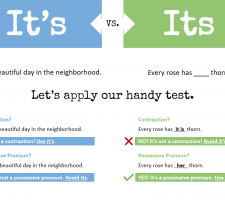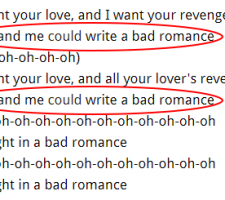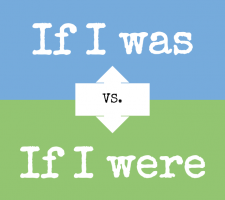Sometimes, it’s okay to break the rules.
(I know. I know. I’ll give you a minute to recover from the shock.)
Here’s the thing. There’s a literary device called “poetic license” that allows you to break the rules for dramatic effect. For example, everything about the title of this blog post is blasphemy against the Sacred Rules of Grammar, but that’s the point. It probably got your attention as you cringed in horror, which was the whole idea.
But there’s a caveat. In order to break the rules, you have to know what the rules actually are, and you have to have a good reason for violating them. There’s a difference between using a word like “wanna” incorrectly when you really mean “want to” (which is always, always, always wrong) and using it intentionally and purposefully to convey a certain sense of irreverence.
Look at Southwest Airlines, for instance. They’ve playfully named one of their fare classes “Wanna Get Away.” What does that tell you about Southwest? Probably that they’re whimsical and fun, right? They know that “wanna” isn’t really a word. And they know that we know it, too. We’re all in on the joke together. That’s when poetic license is at its most effective.
In the right context, “wanna” is colorful slang. It’s casually expressive. It’s delightfully colloquial. It suggests a mood. Would you use it in a professional email to your boss? No way. Not if you expect to be taken seriously as a communicator. Seriously, just don’t. Ever. But could you use it in a whiny text to your BFF to evoke the petulance of a toddler-ish tantrum (“…but I don’t waaanna change out of my comfy PJs into real clothes even though it’s 3 pm already…”)? Absolutely. The whinier, the better.
This holds true for other colloquialisms, too:
Now if you’ll excuse me, I wanna go write some more blog posts for Sloppy Bullets.
(Please subscribe to the Sloppy Bullets blog to receive notifications of new posts!)


